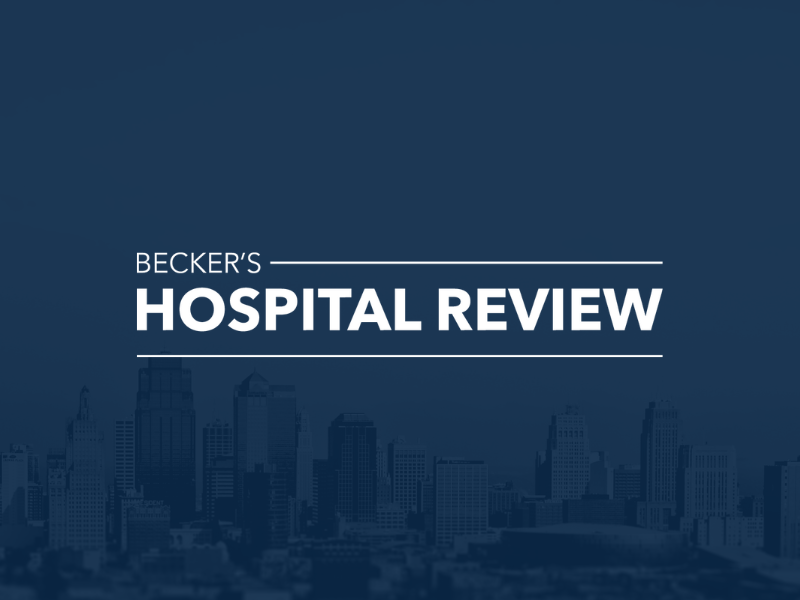Cardiovascular
4 ways AI could boost cardiovascular care
I believe the development that will have the most transformational impact on cardiology in upcoming decades is AI — but there are a number of threshold hurdles that AI must achieve first.
The digital AI transformation requires the rapid growth of costly digital and wireless platforms, the amelioration of concerns about privacy, and the design of appropriate AI regulatory bodies. Once this is achieved, I expect artificial intelligence and advanced computing to:
1. Recenter the patient-provider exchange. The rise of the electronic health record placed an enormous data entry burden on the shoulders of the provider. AI should enable automated data entry, facilitate patient referrals, scheduling, billing and follow-up. This will free up substantial time and will allow healthcare providers to build far stronger therapeutic alliances with their patients.
2. Drive the miniaturization and automation of monitors, handhelds and implantable devices. With a shrinking footprint, the stethoscope, EKG and echocardiogram will be far more portable, delivering cardiovascular diagnostics to rural and underserved environments with greater ease. Artificial intelligence will support untrained personnel to use these tools and will produce preliminary, computer-generated results. As patient monitoring will be performed with very low-profile, AI-supported devices, the nature of the hospital will change. The picture of a patient lying immobile in a hospital bed just to be monitored will become a rarity — reserved for only the critically ill.
3. Produce rapid results for diagnostic studies, such at the cardiac CT scan, nuclear stress test and cardiac MRI. Rapid interpretation by machines will facilitate early identification of patients with concerning diagnostic findings, such as a blocked coronary artery or severely reduced heart function.
4. Support clinical decision-making in both the hospital and outpatient settings. As healthcare networks digitize, intelligent computing will actively learn from the huge swaths of available patient data. In upcoming years, this will yield advanced real-time prediction tools, meaning the AI system will predict with greater precision which patients are entering heart failure, at risk for cardiogenic shock and in need of critical care. Rapid triage and early specialty consultation might be driven by AI, as well. Outside the hospital, AI will likely interface with patients directly, supporting the treatment of stable, chronic cardiology illnesses. The management of hypertension, high cholesterol, smoking cessation and diabetes will all be shouldered by AI-based systems.

